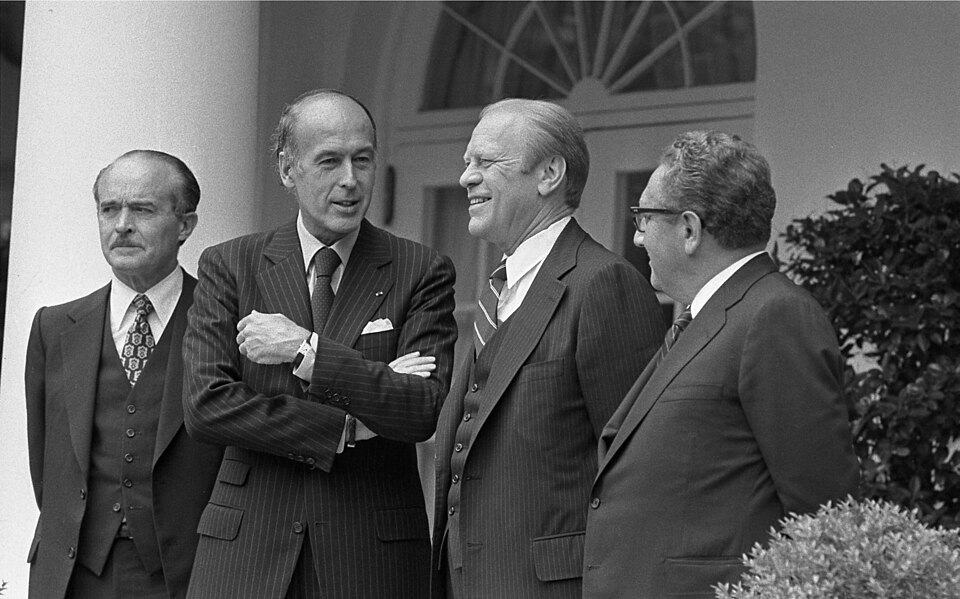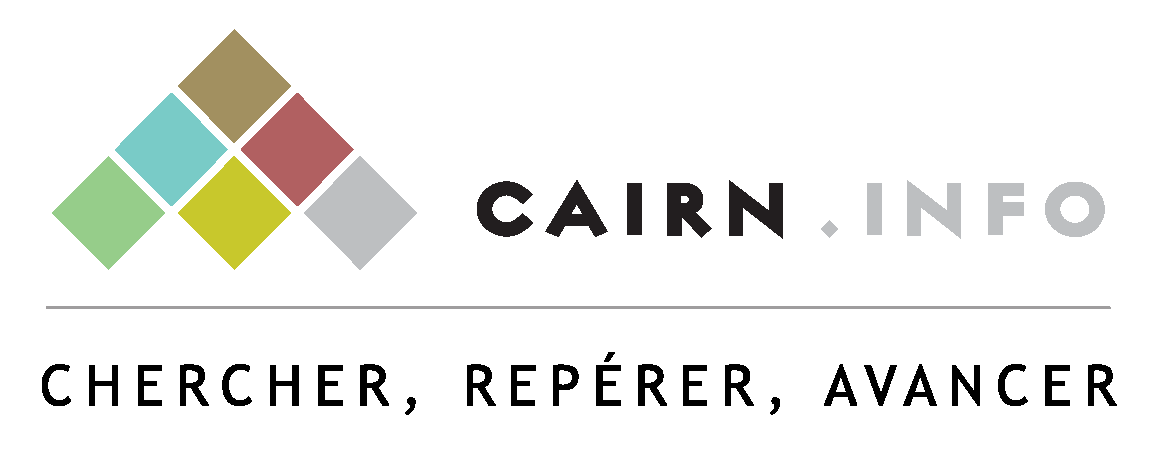Defense Nationale is devoting two issues per year to Europe as a defence entity, which represents one of the cornerstones of French defence policy. It is true that this engagement is not the only one, and that the highest-level civil and military authorities regularly cite France’s place within NATO. The Alliance and the European Union are not mutually exclusive, as has been well analysed by André Dumoulin.1 Neither does this mean that they must move towards fusion, or indeed confusion.
In fact, France takes a pragmatic approach in both institutions. This pragmatism obviously contrasts with the dogmatism attributed to the ‘Great Nation’, to use the ironic term employed by the Germans. Whether it is a question of operations, the NATO Response Force (NRF) or interoperability, there are many occasions when France adopts and supports Alliance positions. The Alliance is a formidable proving ground for common procedures that enable armies to develop. The coming certification of the French Rapid Reaction Corps (CRRFR) is the best example of this.
This does not mean, however, that France agrees with everything: in NATO, as in other international organisations, consensus rules. And although 95 per cent of French suggestions are adopted by NATO, primarily because they improve its texts, 5 per cent are the subject of vigorous debate, and even disagreement.
It therefore makes sense that once a year Defense Nationale devotes a feature to NATO. This will shed light on what is happening there, identify the real issues and permit an understanding of each other’s positions. It will involve steering between two pitfalls. The first is systematic and doctrinaire opposition, to which France restricted itself for many years. Those days ended following developments within NATO in 1996 and 2003, and our country now enjoys smoother relations with the organisation. This does not mean abandoning every position, which is the other trap into which some are liable to fail: impressed by NATO’s efficiency and wishing to improve a reputation as the eternal opponent, they compromise to show that they are ‘good pupils’. We must continue to defend national positions, something our partners have no hesitation in doing. Finally, we must avoid paranoia, such as the Stockholm syndrome: it is the intent of these articles to help in this.
This first feature is published ahead of the Riga summit, which will be the subject of a later article. It sums up the role of the organisation in Europe and the world. Barthélemy Courmont begins by recalling how France sees the link between NATO and the European defence entity, especially concerning the fight against terrorism. This key question is at the heart of future transatlantic relations. Olivier Kempf then covers NATO operations in 2006 and suggests why the future of the Alliance is at stake in what is happening on the ground. Finally, Jean Dufourcq and Peter Faber explain current points of view on each side of the Atlantic, and assess where they most closely coincide. This plea in favour of renewed dialogue points out roads to improvement, some of which may well provoke argument. At least this will serve to fuel debate on the eve of an important summit.
1 ‘France and NATO: between political distrust and doctrinal rapprochement’, Defense Nationale, May 2006.




_astronaut_Sophie_Adenot_(jsc2025e058846_alt).jpg)



